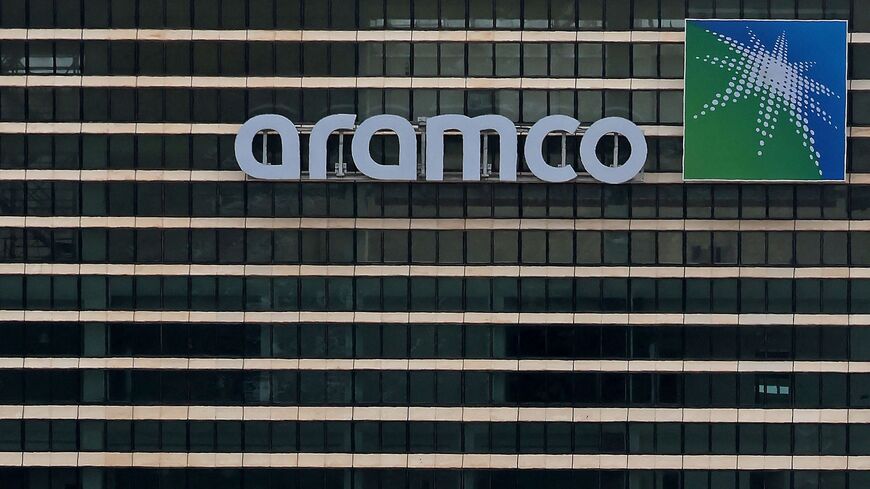Saudi Arabia has significantly bolstered its sovereign wealth fund, the Public Investment Fund (PIF), by transferring an 8% stake in state-owned oil giant Aramco. This move, announced in early March 2024, effectively doubles the PIF's holding in the world's largest oil producer, bringing its total ownership to 8%.
The transfer, valued at roughly $163.6 billion, aligns with Saudi Arabia's ambitious economic diversification plans outlined in Vision 2030. The kingdom aims to lessen its dependence on oil revenue and invest in new sectors to fuel long-term economic growth. By increasing the PIF's resources, the government hopes to drive investments in areas like technology, tourism, and renewable energy.
Analysts suggest the move also paves the way for a potential future public offering (IPO) of additional Aramco shares. Saudi Arabia has previously expressed interest in further Aramco listings, potentially on international exchanges. A larger stake in the company under the PIF's umbrella could make such an offering more attractive to investors.
The transfer bolsters the PIF's financial muscle, potentially improving its credit rating and ability to secure funding for these diversification initiatives. The fund, chaired by Crown Prince Mohammed bin Salman, has already made significant investments domestically and internationally in recent years.
The Aramco stake acquisition strengthens the PIF's position as a major player on the global investment scene. With its increased resources, the fund could potentially compete more aggressively for deals and partnerships, further propelling Saudi Arabia's economic ambitions.
However, some experts caution that the Aramco stake transfer also concentrates a significant amount of the kingdom's wealth within the PIF. This raises questions about transparency and accountability in managing such a vast pool of resources. Ensuring responsible and effective use of these funds will be crucial for the success of Vision 2030.
The move has also sparked discussions about Saudi Arabia's long-term reliance on the oil sector. While Aramco remains a vital source of income, the transfer underscores the government's recognition of the need to diversify the economy. The success of Vision 2030 will hinge on the PIF's ability to leverage its newfound resources to cultivate new revenue streams and reduce the kingdom's vulnerability to oil price fluctuations.

